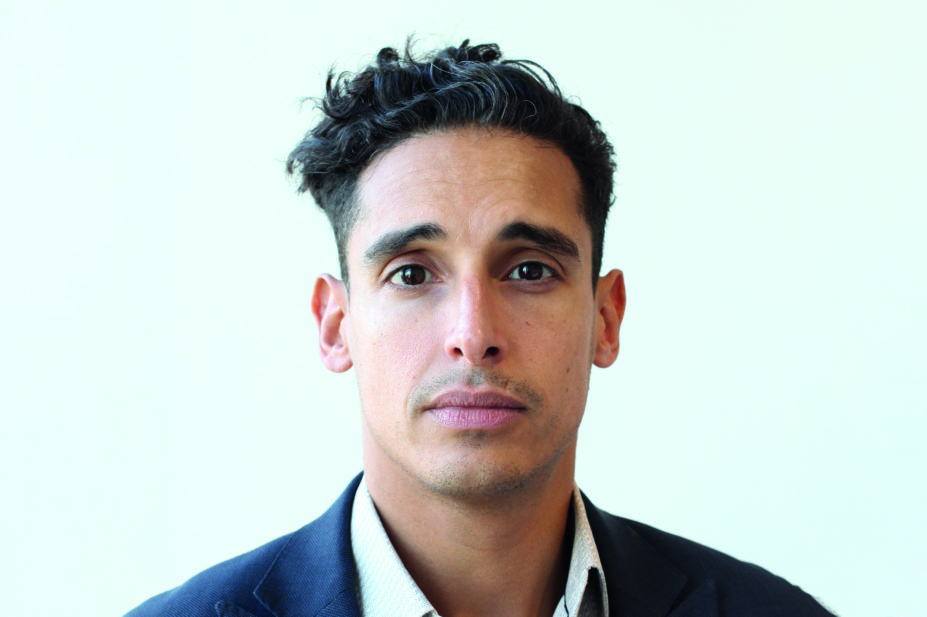
GPhC
Moves by the professional regulator for pharmacists to discuss their practice with a peer as part of new revalidation proposals are facing opposition.
Pharmacists, especially those who work in remote areas, locums and small community pharmacies, warn it will be “challenging” to find an appropriate individual to take part in the necessary peer discussion.
Others who work in specialist pharmacy sectors are also worried about the lack of peer choice.
Some pharmacists want to know if they can select a peer who is not a pharmacist and also say they need more information about what the discussion should cover and how to carry it out.
They registered their concerns about peer discussion with the General Pharmaceutical Council (GPhC) during its three-month consultation on its plans for professional revalidation which ended in July.
A report on the results of the revalidation consultation and the next steps which went to the GPhC on 12 October, said: “For many there was unease and uncertainty about their ability to find an individual they could trust and with whom they could have an honest and open conversation.”
Some pharmacists were also worried about “the difficulty in finding a peer who had sufficient knowledge and experience of their specialist areas of practice.”
The report continued that concern was also raised by pharmacy professionals working in other sectors, including those taking career breaks or unemployed registrants, those in non-patient facing roles, locums and older registrants, because “availability of a peer could be particularly difficult”.
The GPhC has promised updated guidance and “information materials” about peer discussion in an attempt to reassure pharmacists.
It has also accepted that the proposed model for peer discussion — which includes official confirmation that the discussion has taken place — may have to be revised based on experience, once the revalidation process is introduced.
The GPhC revalidation plans, which have been in the pipeline for the last three years and will apply both to pharmacists and pharmacy technicians, are due to be phased in between 2018 and 2020.
Some 1,788 individuals and 800 pharmacy organisations responded to the three-month consultation which also included stakeholder events and patient focus groups.
The GPhC said responses to the overall proposals were “generally very positive”; some pharmacists felt there was no need for change while most feedback was in reaction to proposals for peer discussion.
Osama Ammar, GPhC’s head of revalidation told The Pharmaceutical Journal after the meeting that the organisation had deliberately kept the definition of who should be a suitable peer as broad as possible. It could be another pharmacist, another health professional or potentially even a patient. Family members were, however, likely to be excluded, he said.
“We have tried to keep the options open in order to make it as inclusive as possible. Our experience from the [revalidation] pilot is that people have been able to find a peer relatively easily. In cases where they have contacted us because of difficulty, we have been able to coach them in finding a suitable peer,” he said.
“It’s also really crucial that people do not work in isolated practice, and the purpose [of this revalidation model] is to draw people away from isolated practice as well.”
Ammar admitted that the GPhC had been looking at other revalidation packages adopted by other health profession regulators in developing its own proposals.
The peer discussion element in the GPhC proposal, for example, is similar to the “reflective discussion” which nurses and midwives need to complete as part of the professional revalidation required of them by the Nursing and Midwifery Council regulator.
He accepted that because regulators wanted to achieve the same outcomes, it was inevitable that their models would be similar, but added: “Each regulator has tailored [its revalidation model] to its own profession.”
Megan Forbes, deputy GPhC chief executive, told The Pharmaceutical Journal after the meeting that the results of the consultation did not deliver any “big surprises”. She pointed out that the first peer discussion would not take place until 2019, so pharmacists would have more than a year after the start of the revalidation process to find a suitable peer.


